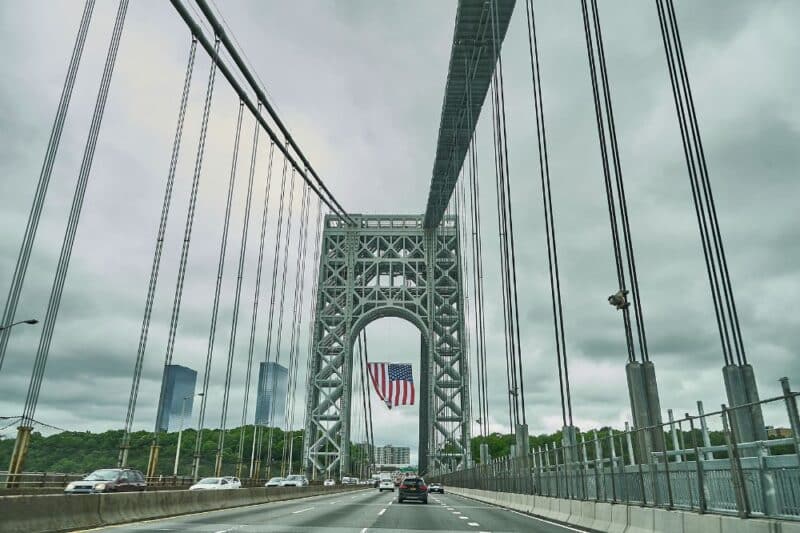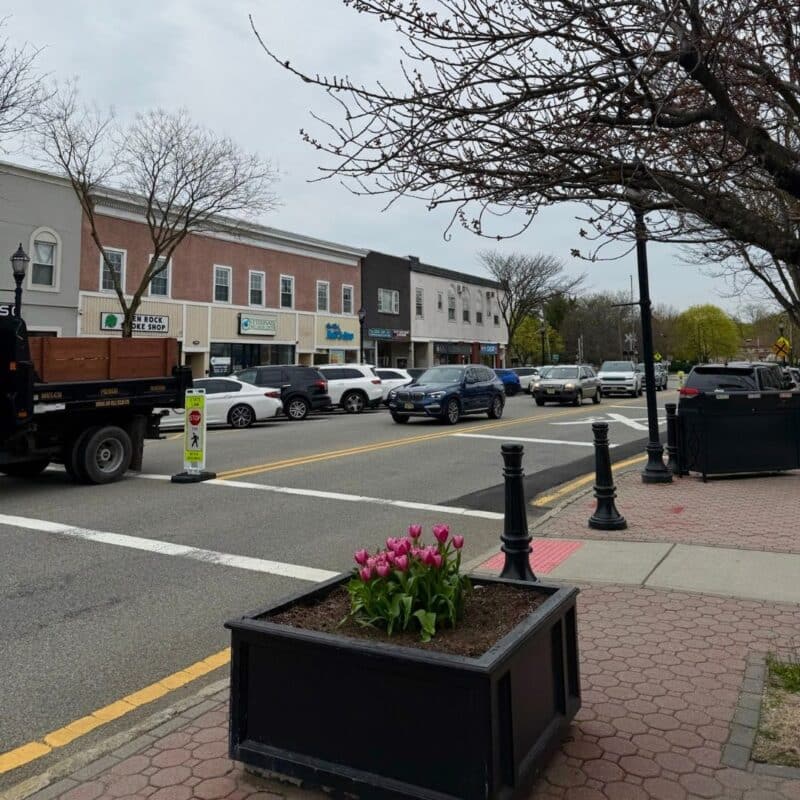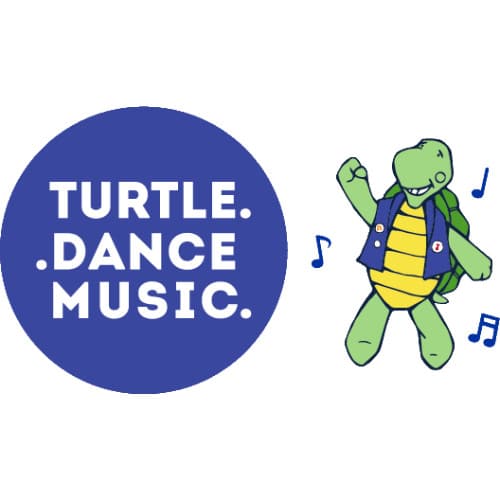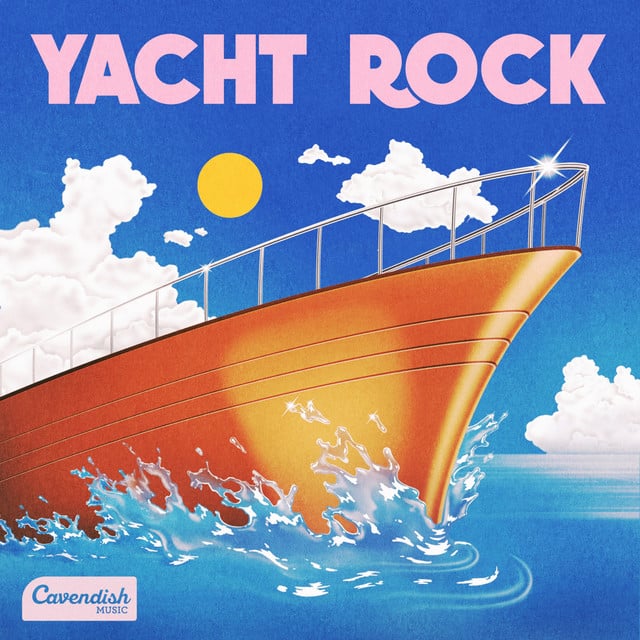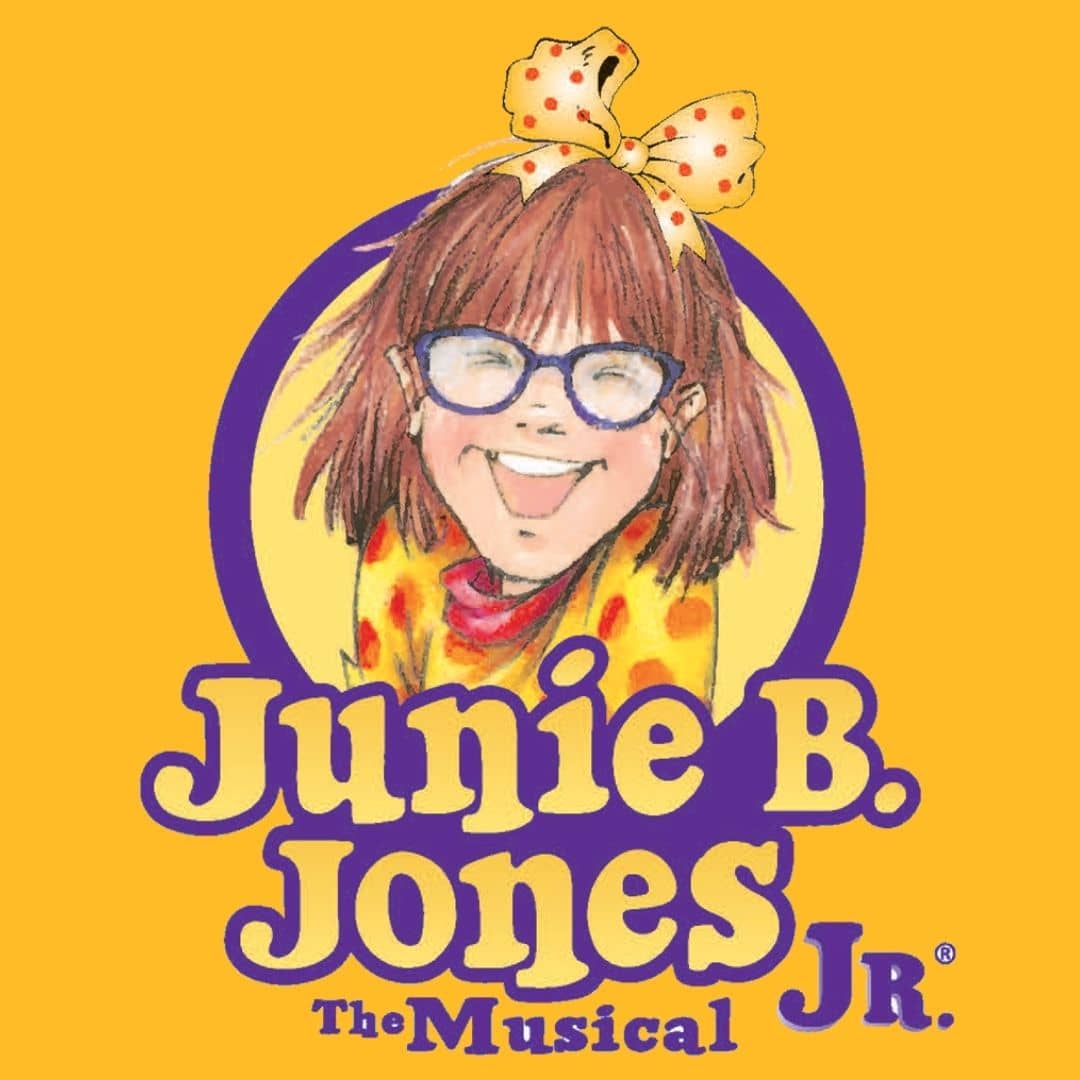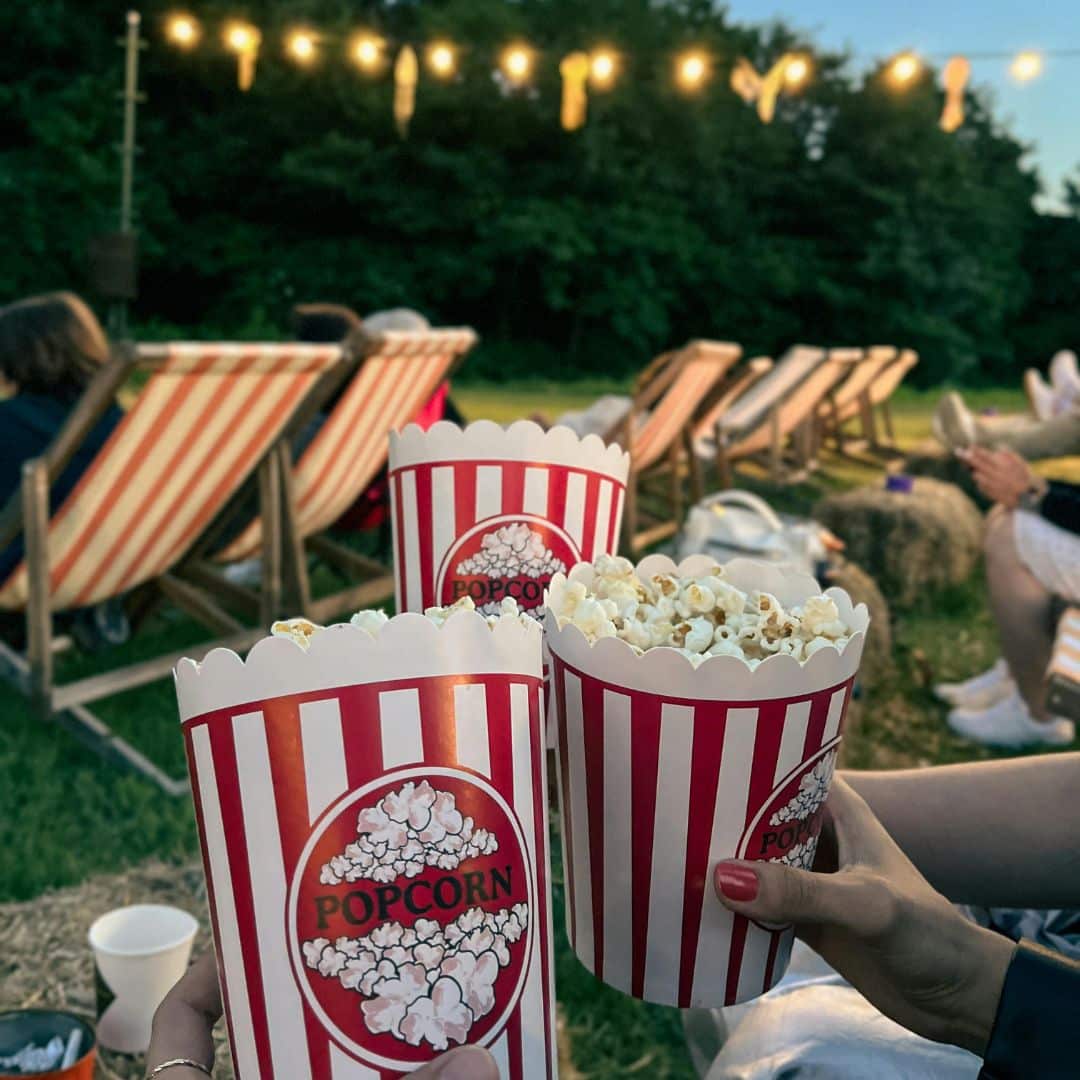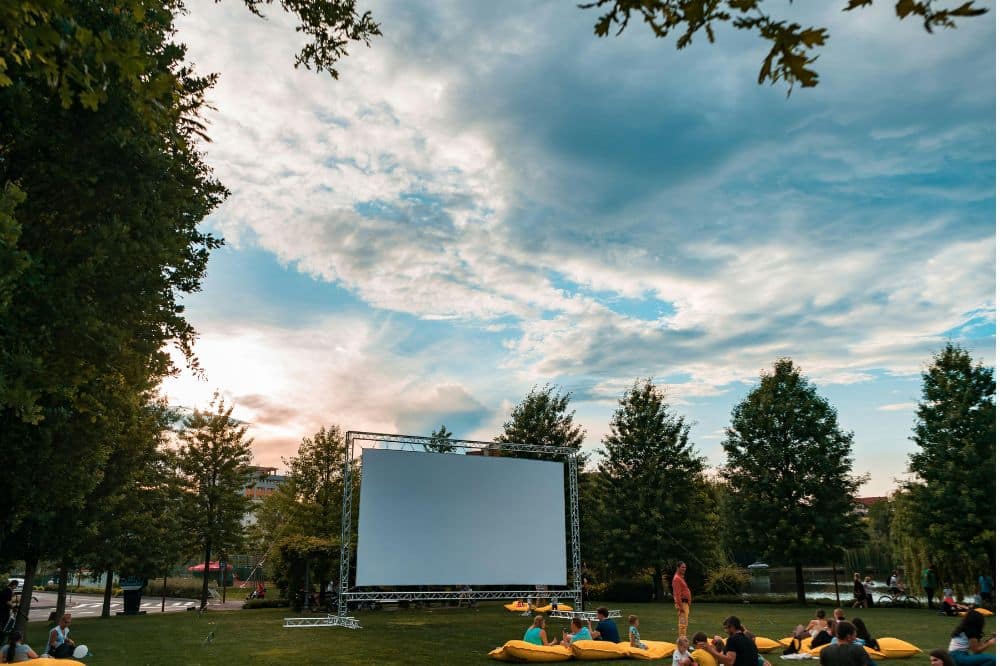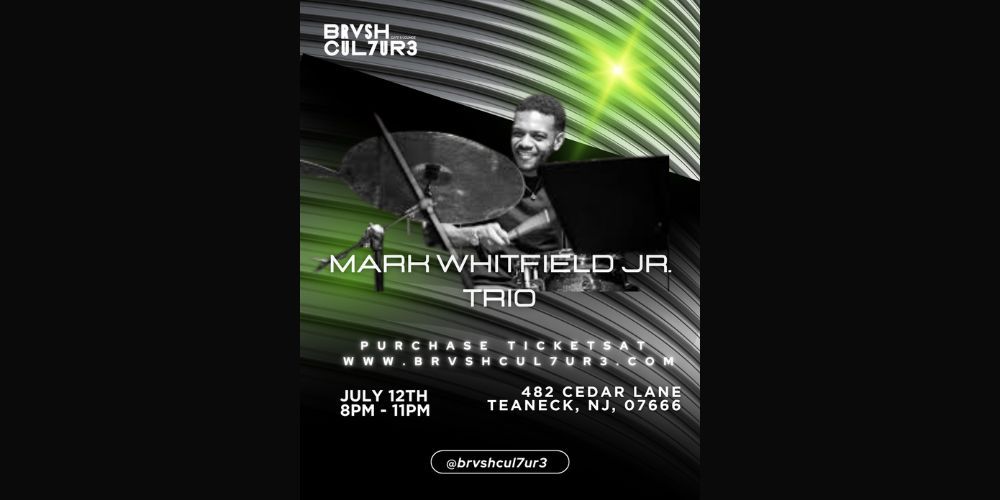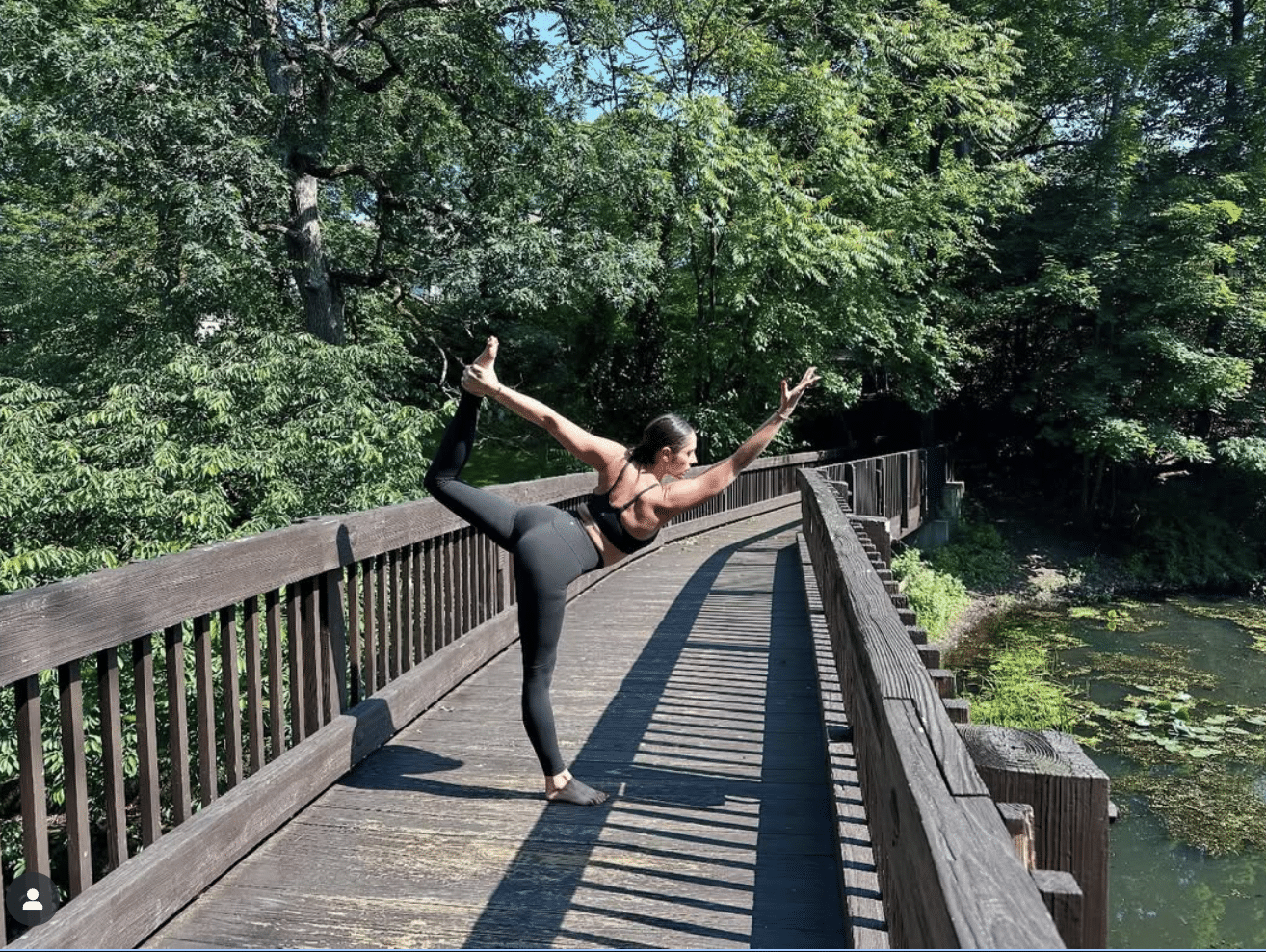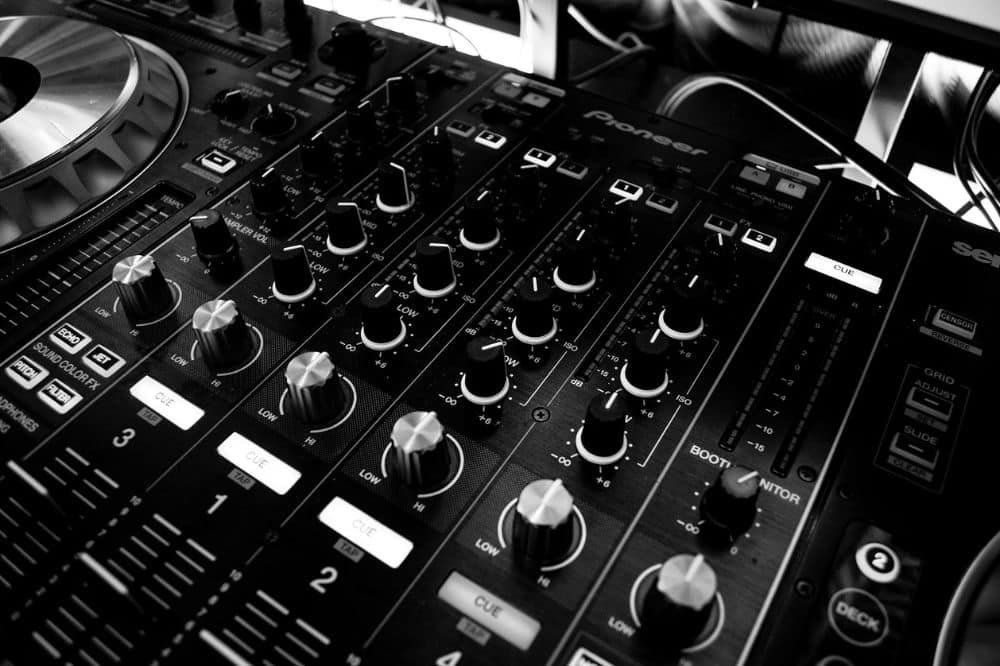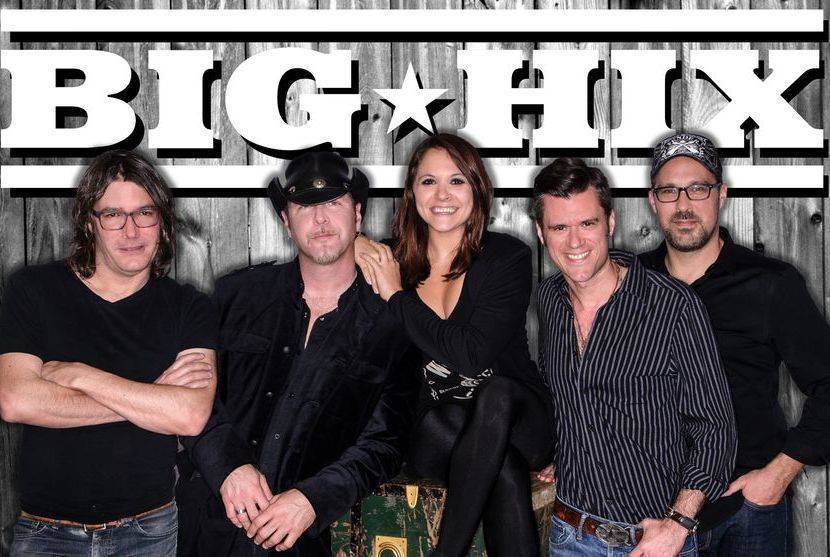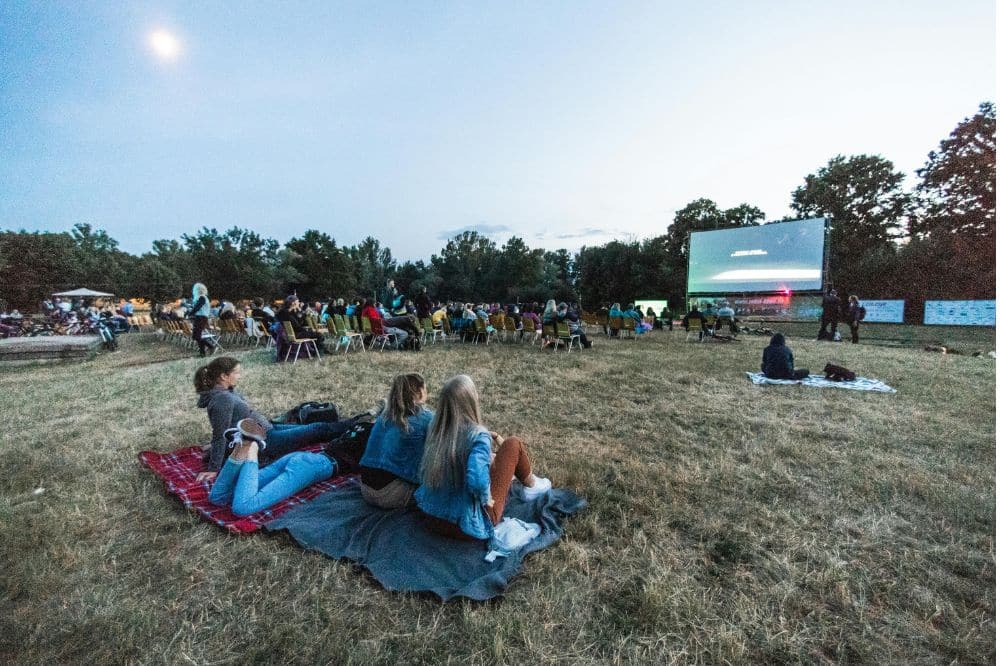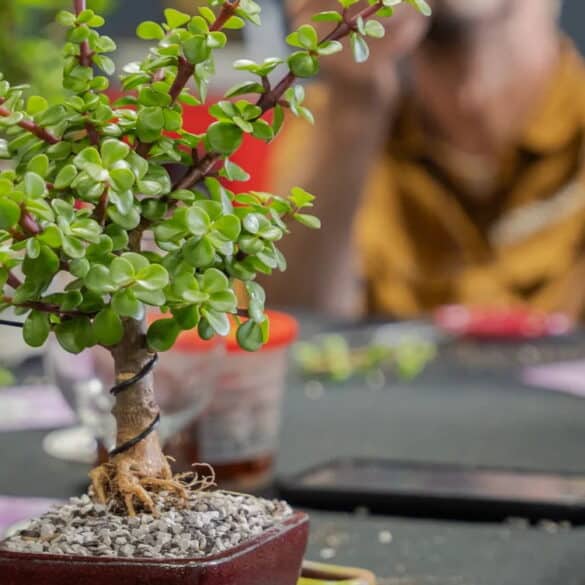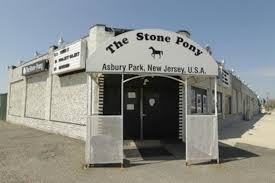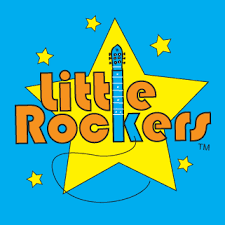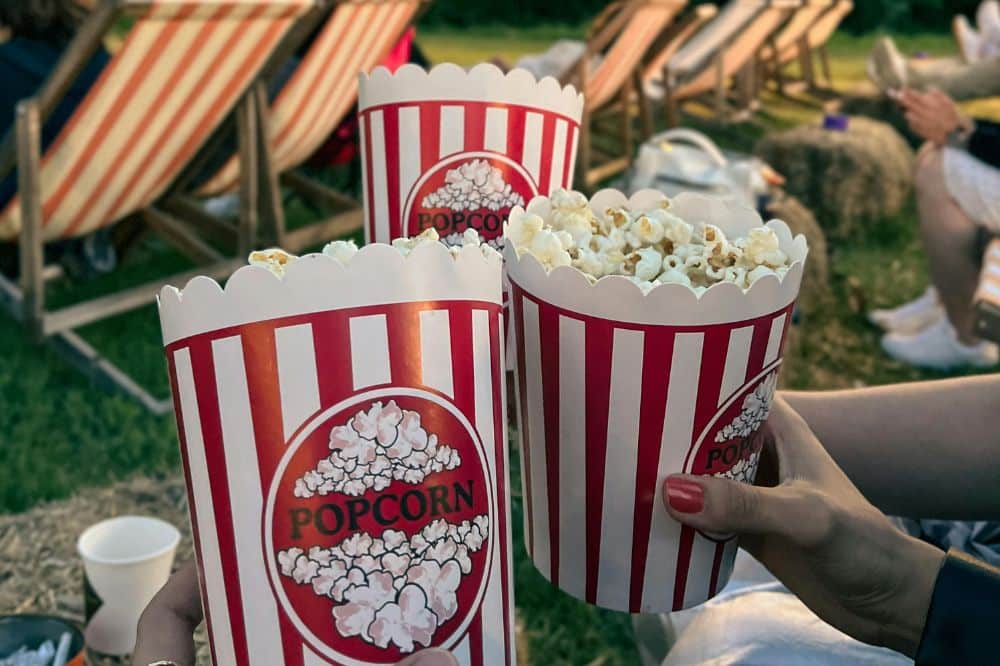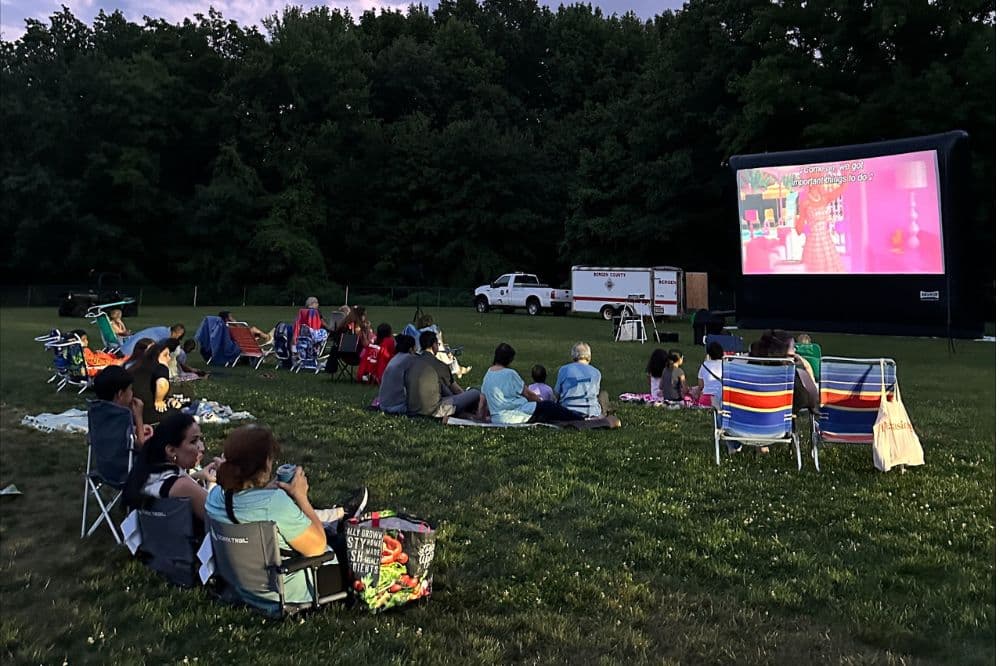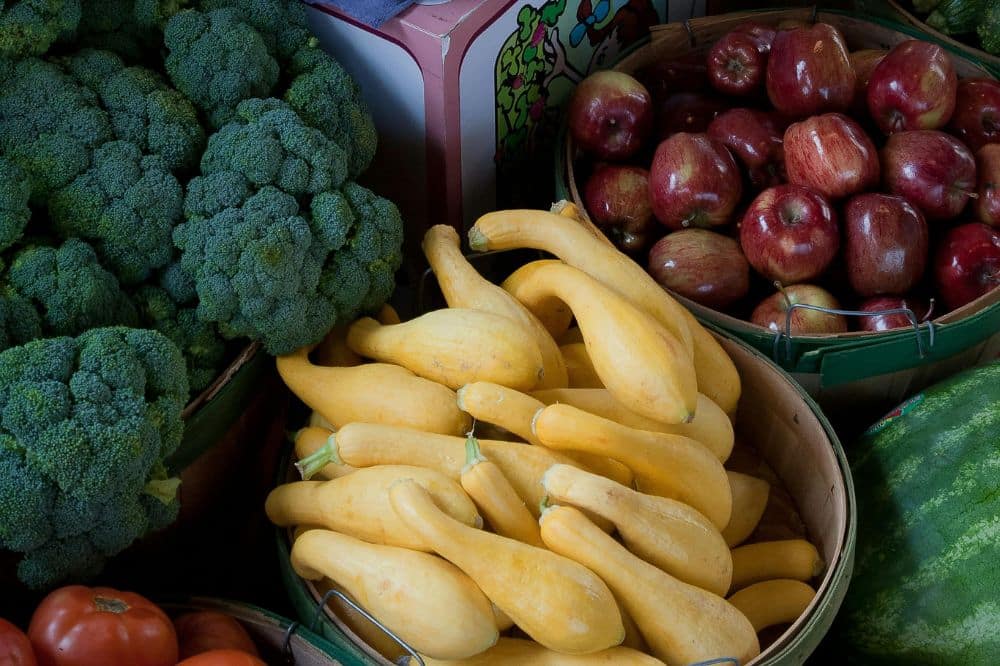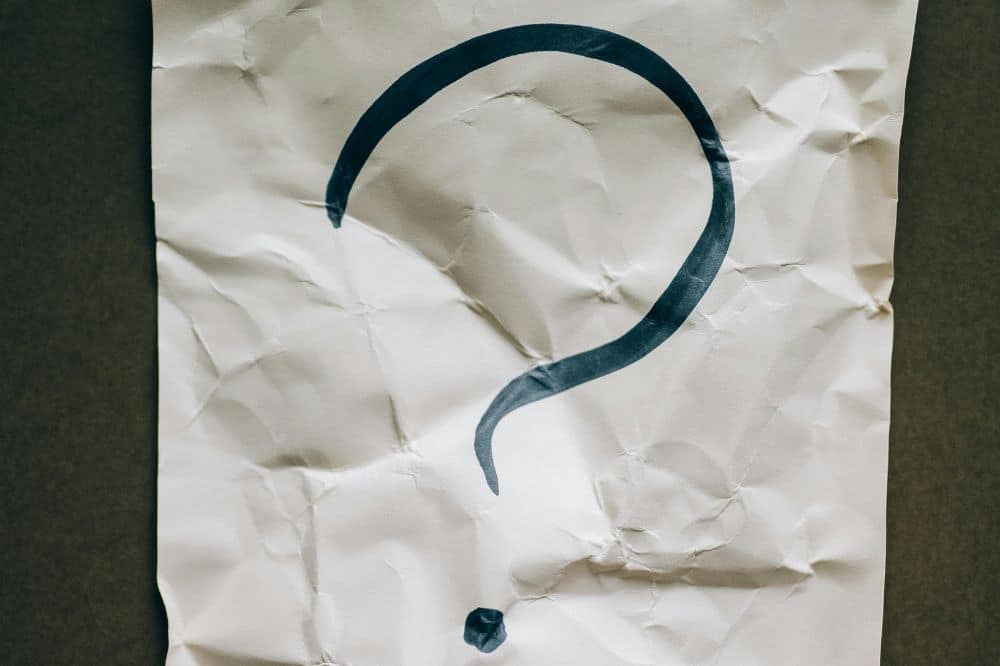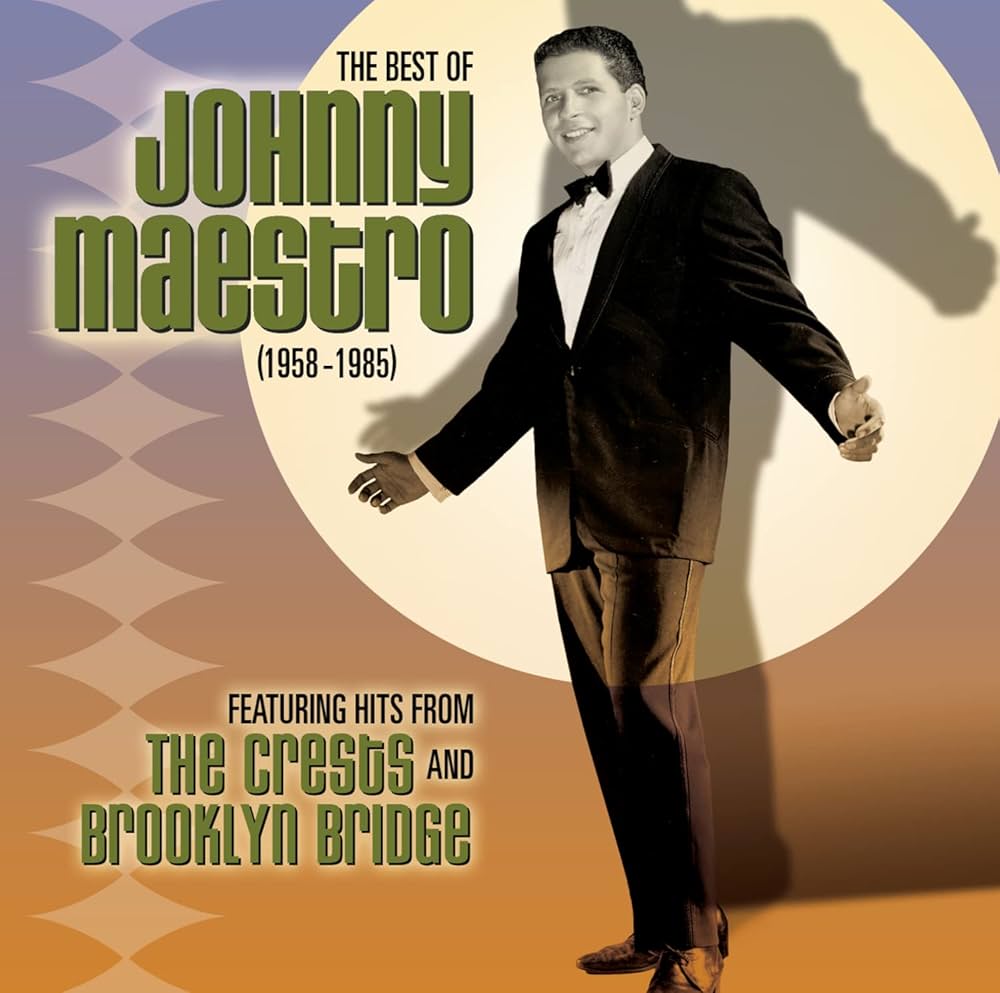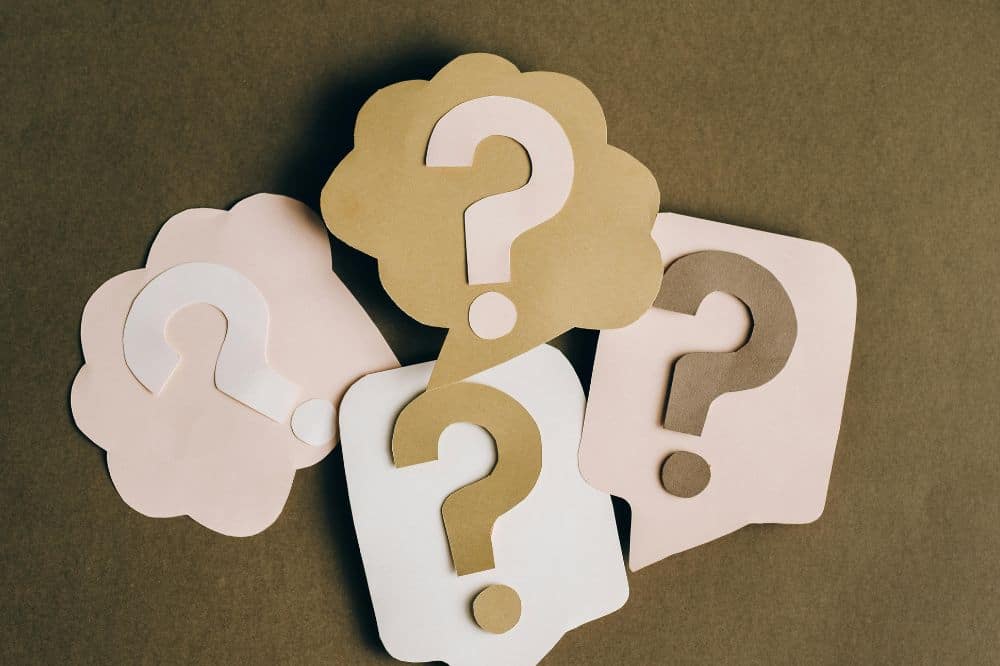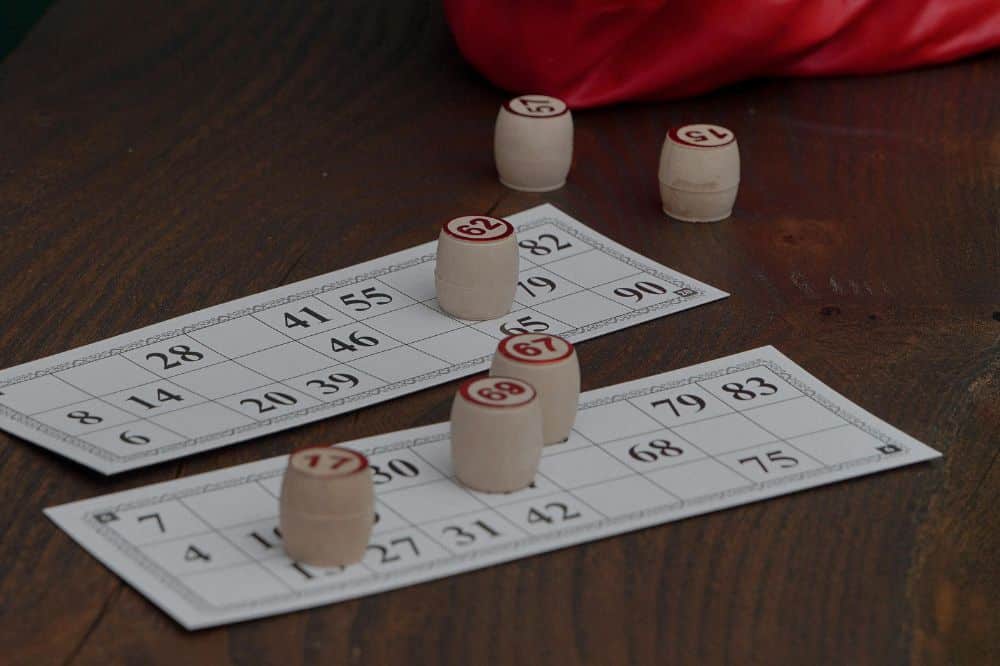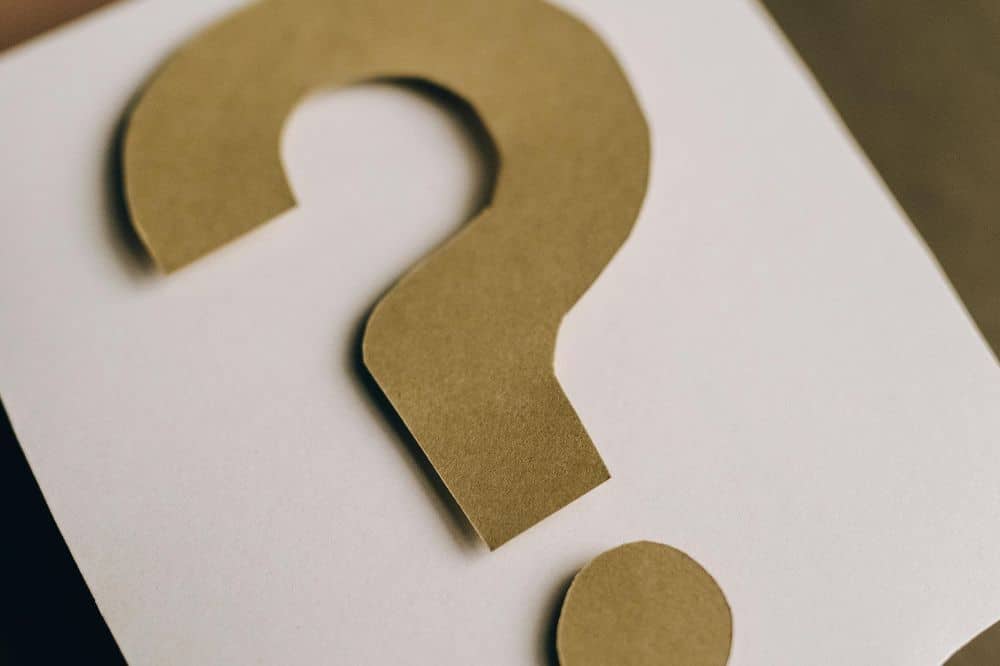For Bergen County residents, it might feel like they live in the only place in the world with blue laws, but they are not alone. These laws vary from state to state, but the intention is to prohibit some type of activity on Sundays. In some cases, there is no state law, but instead a county or municipal law, like in Paramus and Bergen County. In Bergen County, this impacts the sale of retail, vehicles, and alcohol, but for many Americans, the blue laws just restrict their ability to purchase alcohol on Sundays. Read on to learn more about the blue laws and their impact on the Garden State.
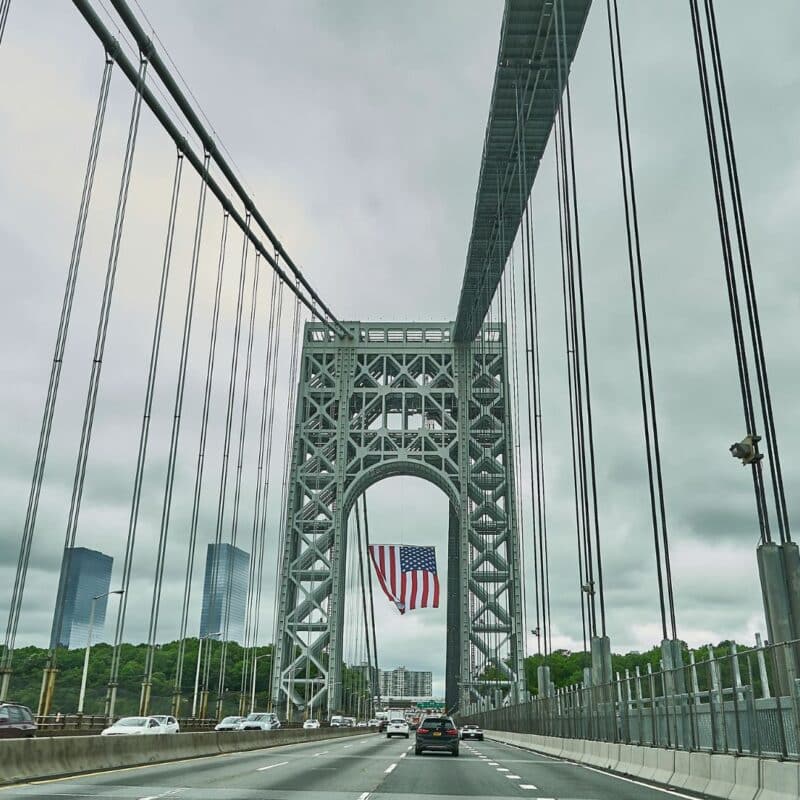
Blue Laws Around the World
The United States is not the only place with Blue Laws, also called Sunday Laws. These laws are also enforced in parts of Canada, Austria, Germany, Switzerland, and Norway. Some countries have done away with the Sunday Laws, like Denmark, but restrict selling on other days like federal holidays.
Read More: Bergen County History: The Oldest Homes Still Standing Today
In Germany, the Ladenschlussgesetz (“shop closing law”) is a federal law that was enacted in 1956, requiring retail stores to close to the public on Sundays and Christian holidays. It was revised in 2003 and later in 2006, German states were given the option to determine the opening hours of retail stores in their areas. Some continue to observe the federal ruling, while others have taken a more liberal approach.
The Blue Laws are heavily influenced by Christian law, politics, and culture, and still impact secular societies today. The first type of Blue Laws started centuries ago in 321 by Roman Emperor Constantine. Constantine was also the first Roman emperor to convert to Christianity, playing a pivotal role in the Christianization of the Roman Empire. He declared, “On the venerable Day of the Sun let the magistrates and people residing in cities rest, and let all workshops be closed.”
Blue Laws in the United States
While a form of Blue Laws appeared in the 4th century, the first did not reach what is now the United States until 1619. Virginia’s Jamestown Colony adopted a law mandating attendance by all colonists at both Sunday morning and afternoon worship. Over time, these laws have changed, and many governments in the United States have amended or abolished their blue laws.
Today, liquor stores in Mississippi, North Carolina, Texas, and Utah are closed on Sunday, and some counties in Alabama, Florida, Kentucky, and a few other states do not allow Sunday sales. On Sundays, certain states only allow certain alcohol products to be sold in grocery stores. For example, Kansas, New York, and Utah allow grocery stores to sell only beer. In Florida, Idaho, Ohio, Oregon, Virginia, and some other states, only beer and wine can be sold at grocery stores. In Connecticut, New York, North Carolina, Pennsylvania, Maine, and West Virginia, hunting is not allowed on Sundays, and the sale of vehicles is banned in Maryland, Minnesota, Oklahoma, Pennsylvania, Illinois, Indiana, Iowa, Maine, Michigan, and North Dakota. Some states also have unique blue law pieces. For example, on Sundays, professional sports cannot be played before 1PM in Maryland, with some exceptions, like Montgomery County, and Illinois does not allow horse racing unless the municipality authorizes it.
Blue Laws in the Garden State
The earliest form of Blue Laws in what is now New Jersey appeared in 1677. The General Assembly of East Jersey banned the “singing of vain songs or tunes” on Sunday. A century later, and after East Jersey and West Jersey combined, New Jersey’s “Act to Suppress Vice and Immorality” was passed in 1798. These laws were heavily church oriented and designed to promote Sunday worship, thus, they prohibited commercial activity on Sundays. What was exempt was the operation of inns, but any form of amusement and travel violated the law. However, someone could travel to church or see a doctor as long as that distance did not exceed 20 miles. Fines for disobeying this law ranged from $1 to $14. Swearing or using profanity was punishable by a 50‐cent fine. Authorities could also seize anything being sold on Sundays and sell it. The proceeds from these auctions and from fines were used to support the poor.
In 1920, an amendment was passed to allow people to watch baseball and other sporting events in county parks. In 1927, a Blue Law Revision Commission was appointed by the State Legislature. They recommended an overhaul of the 1798 act, saying: “It is entirely permissible for your children to play tennis and baseball, to swim and canoe, skate and sleigh on our property on Sunday, but illegal and sinful on your own property.” By 1955, the law was amended to prohibit automobile sales on Sundays, which prompted dealers to appeal in the state courts. In 1958, the Legislature set out to close supermarkets on Sundays and passed a bill to that effect. Luckily, it was declared unconstitutional.
This fight helped lead to the current blue laws known today, when in 1959, the Legislature brought forth another vote on them. The specifics of this lab prohibited the sale of wearing apparel, building and lumber supply materials, furniture, home furnishings, and household appliances. This time, the state provided that counties could, by referendum, remove themselves from the blue laws, similar to the decision made in Germany in 2006. All 21 counties voted whether to keep or repeal the law for themselves, and 10 — Bergen, Essex, Passaic, Hudson, Union, Somerset, Morris, Middlesex, Monmouth, and Cumberland — elected to keep it. Until at least 1978, these counties prohibited the sale of clothing, furniture, home and office furnishings, lumber, and appliances on Sunday. By 1985, Hudson County voted against the blue laws; only Bergen County remained.
Blue Laws in Bergen County
Bergen County upholds one of the only remaining Sunday closing laws in the Garden State. Shoppers wandering around the Costco in Teterboro might be confused as to why the clothing is covered up or roped off, but the famed rotisserie chickens are up for grabs. Here in Bergen County, shopping for clothing, electronics, and furniture is not allowed on Sundays, but that might not mean a store selling those items is closed if they sell other products, like in the case of Costco or Target.
Bergen County’s law specifically reads “any person whether it be at retail, wholesale or by auction, to sell, attempt to sell or offer to sell or to engage in the business of selling, as hereinafter defined, clothing or wearing apparel, building and lumber supply materials, furniture, home or business or office furnishings, household, business or office appliances, except as works of necessary and charity or as isolated transactions not in the usual course of the business of the participants. [N.J.S.A. 2A:171-5.8.]”
Bergen County is the state’s most populous county with almost 960,000 residents, and is home to massive shopping complexes like the Garden State Plaza, Paramus Park, American Dream, the Shops at Riverside, Bergen Town Center, and Fashion Center. The Garden State Plaza is also one of the highest-revenue-producing malls in the United States and the third-largest mall in the metropolitan area. In 1980, Bergen County residents made an effort to overturn the blue laws, but the vote failed 192,394 to 157,648. Another vote in 1993 to abolish the blue laws was defeated. Paramus has even stricter blue laws than Bergen County. Although this law is in place, the American Dream Mall in East Rutherford has been defying the law.
Blue Laws + the Unique Case of Paramus
Paramus, home to three of the county’s six major malls, has the strictest blue laws in all of Bergen County. Since 1968, the borough bans all types of work on Sundays except that in grocery stores, gas stations, pharmacies, hotels, restaurants, and other entertainment venues. For a brief week in November 2012, the blue laws were temporarily suspended due to the effects of Hurricane Sandy.
See More: EWR Delays Expected for 3 Months as Newark Airport Renovates Its Runway
Outside of Bergen County and Paramus, there are no other counties or towns with blue laws, but there are some dry towns. Blue laws specifically target goods sold on Sundays and, in some cases, can include alcohol. This does not mean the said community is a dry town just because it bans the sale of alcohol on Sunday. In New Jersey, at least 30 municipalities out of 565 prohibit the retail sale of alcohol altogether. Most of these towns, located in South Jersey, enacted these laws because of their origins as Quaker, Methodist, or other Protestant religious communities. These towns cannot forbid the possession, consumption, or transportation of alcohol, only the selling. Examples of dry towns include Far Hills, Ocean Grove, Ocean City, and Wildwood Crest.

